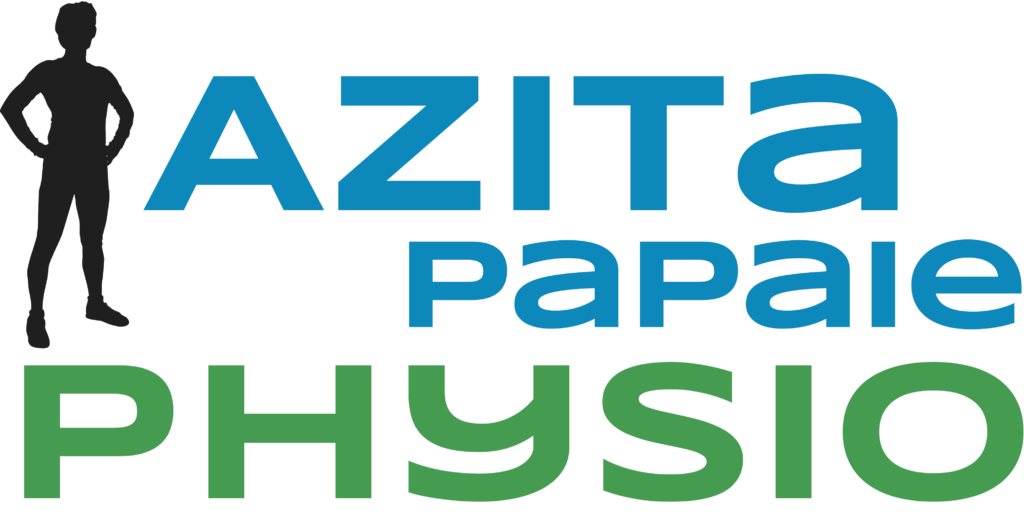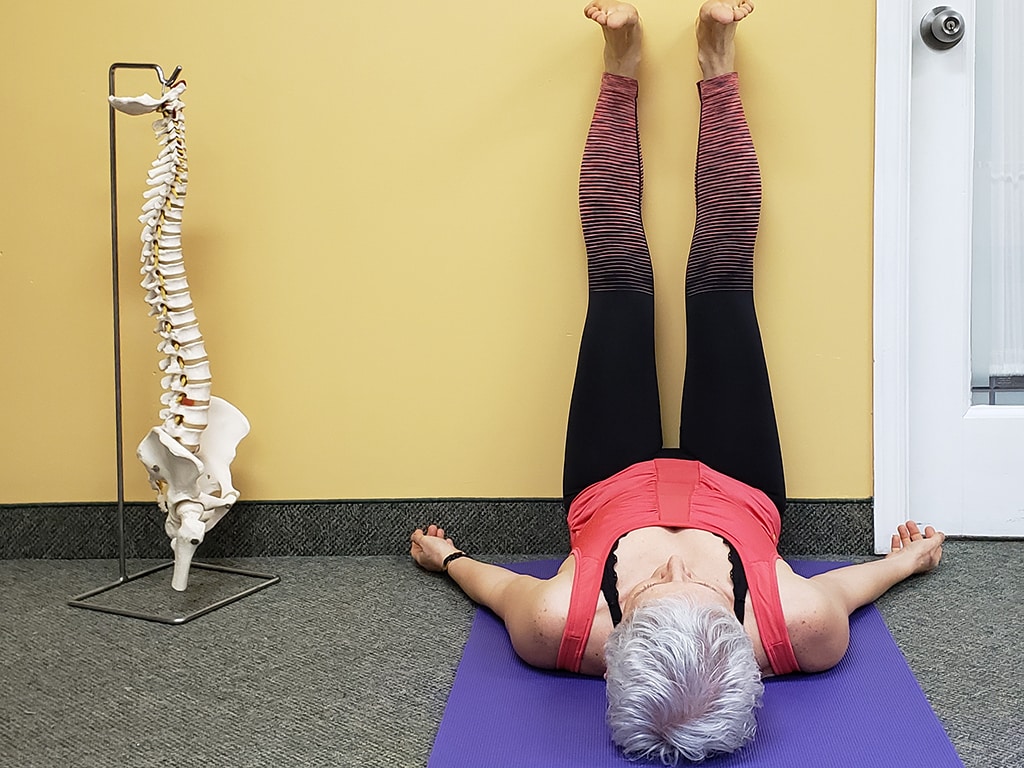Endometriosis
Endometriosis is a complex ailment characterized by the ectopic growth of endometrial tissue outside of the uterus. This anomalous growth usually manifests in the fallopian tubes, ovaries, and the lining of the pelvis, which could lead to a multitude of symptoms including pain, fatigue, and infertility.
At this time there is no known cure for endometriosis, but there are a number of treatment options available to help manage symptoms. These include medication, surgery, and physiotherapy.

In response to hormonal changes in a menstrual cycle, the misplaced endometrial tissue reacts similarly to that within the uterus by thickening and discharging. Unlike its intramural counterpart, however, the displaced tissue lacks a mechanism for expulsion from the body, often resulting in inflammation, pain, and the formation of adhesions.
While no known cure currently exists for endometriosis, various interventions can be adopted to alleviate symptoms. Medication, surgery, and physiotherapy are among the few options available.
In terms of physiotherapy treatments, there are a few ways in which it can help women who suffer from endometriosis :
Decreases Pain & Discomfort
Physiotherapy can prove beneficial for those suffering from endometriosis in several ways. For instance, physiotherapy can help mitigate the pain associated with endometriosis by targeting the muscle tension and spasms often accompanying chronic pain. The utilization of techniques such as trigger point therapy, myofascial release, and soft tissue mobilization have been found to be effective in relieving pain.
Improves Flexibility & Range of Motion
Physiotherapy can also be useful in enhancing flexibility and range of motion in the affected areas. Endometriosis often leads to the formation of adhesions and scar tissue, which could lead to restricted movement, pain, and infertility. Targeted soft tissue treatments such as massage of the ovaries and uterus have also shown promise in improving fertility rates in women diagnosed with endometriosis, even in those who opt not to utilize assisted reproductive technologies like IVF and IUI.
Enhances Overall Quality of Life
Physiotherapy can also have a significant impact on improving the overall quality of life of women suffering from chronic endometriosis symptoms. Through providing education on pain management, promoting good posture through core strengthening, developing tailored exercise regimens, and imparting stress management techniques such as deep breathing, meditation, and relaxation, physiotherapy can help patients manage their symptoms more effectively.
To sum it up, physiotherapy can play a pivotal role in the management of endometriosis symptoms and ultimately improve the quality of life of those afflicted by the condition. Partnering with a physiotherapist with extensive experience treating endometriosis is crucial in developing an individualized treatment plan that addresses the unique needs and goals of each patient.

Don’t let endometriosis hold you back any longer.
Azita is specially trained to help manage the symptoms of endometriosis, including pelvic pain, painful periods, and painful intercourse. With a personalized treatment plan, you can reduce pain and increase your quality of life. Book an appointment today and take control of your health.


